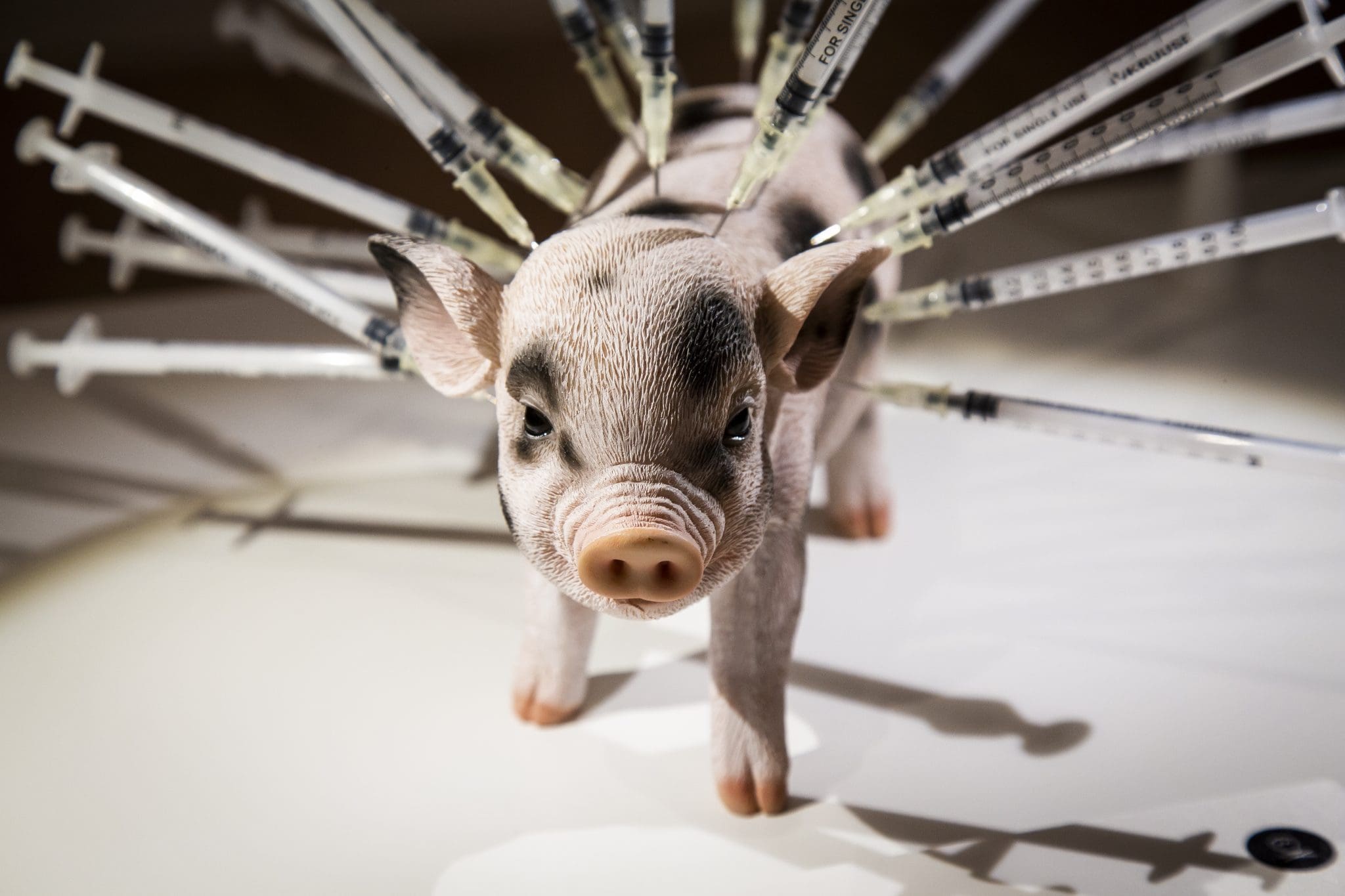Disgusting In German - How To Express It
Learning a new language often means getting a handle on all sorts of feelings, and that includes the ones that make you cringe a bit. When you're trying to talk about something truly unpleasant or something that just turns your stomach, knowing the right words makes a big difference. It's about more than just finding one word; it's about picking the one that truly fits the situation, whether you're describing a really bad smell or someone's rather off-putting habits. You want to get your point across clearly, and that means choosing with care.
- Margot Robbie And Will Smith Relationship
- Party Palace
- Magic Johnson Fur Coat Picture
- Nicole Kidman And Tom Cruise Wedding
- Dionne Prince
Getting a grip on these words helps you sound more like a native speaker, which is, you know, the whole point. It also lets you express yourself with more precision, so people really get what you mean when something is just not right. There are a good many ways to talk about things that are, well, not so nice in German, and each one has its own special feel or a particular kind of thing it usually describes.
So, if you've ever found yourself wanting to say something is just plain gross in German, you're in the right spot. We'll look at the different ways people say "disgusting" and give you a better sense of when to use each one. This will help you express those strong reactions with just the right touch, which is pretty useful, if you ask me.
Table of Contents
- What's the German Word for Disgusting?
- More Than One Way to Say Disgusting in German
- Disgusting in German - How Context Shapes Meaning
- When is Something Disgusting in German Physically?
- How Do You Describe Disgusting in German Behavior?
- Learning Disgusting in German - Where Can You Find Help?
- Exploring Disgusting in German - Real-Life Examples
- What Makes Something Disgusting in German Truly Awful?
What's the German Word for Disgusting?
When you're trying to get across the idea of something being "disgusting" in German, you might find yourself with a few options. There isn't just one single word that covers every single situation, which is, you know, pretty common in languages. The words people use often depend on what exactly they are talking about and how strong that feeling of revulsion actually is.
- Does It Hurt To Pull A Tampon Out
- Marathon Township
- Where Do All The Celebrities Live In Los Angeles
- Jessica Lockhart
- Mother Arrested Because 10 Year Old Son Was Walking Alone
For example, some of the more common German words that express this kind of feeling include things like `ekelhaft`, `widerlich`, and `eklig`. These are probably the ones you'll hear the most often in everyday conversations. They are, for instance, what you might reach for if you want to say a meal was terrible or a situation was just really unpleasant.
There are also other words that express a similar idea but with a slightly different flavor. You might hear `widerwärtig`, `ekel erregend`, `schmutzig`, or even `anstößig`. Each of these can mean "disgusting" in a certain context, but they carry their own specific shades of meaning, which makes choosing the right one a little bit of an art.
More Than One Way to Say Disgusting in German
It's interesting to see how many ways there are to say something is truly awful. When you look at how people use these words, you start to notice patterns. For instance, if you're talking about something that smells absolutely foul, you might hear the word `aasig`. This word, you know, often describes something rotten or a really unpleasant odor, like a smell that makes you want to hold your nose.
Then there are words that can be made stronger or weaker, depending on how much something bothers you. For example, to say something is "more disgusting," you could use `ekelerregender`. If it's the absolute worst, the "most disgusting" thing you've ever encountered, then `ekelerregendste` might be the word you reach for. This shows that the language has ways to show different levels of how much something bothers you, which is pretty neat.
Sometimes, a simple sound is enough to show your feelings. The word `ugh` is actually something you might hear, too, which is just a little bit like the sound you make in English when something is truly gross. This kind of sound is, in some respects, a universal way to express that feeling of something being really off-putting.
Disgusting in German - How Context Shapes Meaning
The exact word you pick for "disgusting" in German really does depend a lot on what you're talking about. It's not just about the word itself, but about the situation it's used in. For instance, if you're talking about something physical, something you can touch or see, the word choices might be a little different than if you're talking about someone's actions or a general feeling.
This idea of context is pretty important for getting it right. You wouldn't use the same word for a terrible smell as you would for a person's rude behavior, even though both might make you feel a bit of disgust. The language has specific words that just fit better in certain spots, which is something you pick up over time.
So, understanding these subtle differences helps you speak more naturally. It's about learning which word has the right feel for the particular thing you want to describe, whether it's a physical object or something a bit more abstract, like a habit.
When is Something Disgusting in German Physically?
When you're dealing with something you can actually sense with your body – something you see, smell, touch, or even taste – the word `ekelhaft` is often a very good choice. This word tends to be used when something is so unpleasant that it might make you feel sick to your stomach, or, you know, like you might want to throw up. It's a strong word for physical revulsion.
Think about a really bad smell, like a garbage bin that hasn't been emptied in too long, or food that has gone bad. In these cases, `ekelhaft` would fit quite well. It describes something that is truly offensive to your senses, making you recoil a little. This word really gets across that feeling of physical repulsion.
Another word that can fit here is `eklig`. It's somewhat similar to `ekelhaft` and also often refers to things that are physically unpleasant. You might use it for something that looks slimy or feels gross to the touch. Both `ekelhaft` and `eklig` are good for describing things that just make your skin crawl a bit, physically speaking.
How Do You Describe Disgusting in German Behavior?
Now, if you're talking about someone's actions or a particular habit that you find truly awful, `widerlich` is often the word people go for. This word is typically used more when you're talking about behavior that is offensive or morally objectionable, rather than something that makes you physically sick. It's about a feeling of strong disapproval for what someone does.
For example, the text mentions someone having a "disgusting habit of not showering." In a case like that, `widerlich` would be a very fitting word. It describes a behavior that is unpleasant or just plain rude, something that makes you feel a strong sense of dislike or disapproval for the person's actions. It's not about a smell, necessarily, but about the act itself.
You might also hear `widerlicher Gestank` or `bestialischer Gestank` if you're talking about a truly awful smell that comes from something, but `widerlich` on its own leans more towards describing actions or general unpleasantness in a broader sense. It's about something that makes you feel a strong negative reaction to a person's conduct, in some respects.
Learning Disgusting in German - Where Can You Find Help?
If you're looking to really get a good grip on how to use words like "disgusting" in German, there are some excellent places to turn. Many people find help through online dictionaries and language learning communities. These spots can give you a lot of examples and explanations that help clear things up, which is very useful.
For instance, sites like WordHippo.com are often mentioned for providing a good many German translations for English words and phrases. They can give you a quick list of possible words to use. Leo's English-German dictionary is another popular choice, providing not just translations but also tables that show how nouns and verbs change, plus links to audio pronunciations. It's quite a comprehensive tool, actually.
Then there's Bab.la, which offers contextual examples, meaning you can see how these words are used in actual sentences. This is really helpful because it shows you the words in action. Also, communities like the /r/German forum on Reddit are great places to ask questions and discuss the language with others who are also learning or are native speakers. They can offer insights into the nuances of words, which is pretty cool.
Memrise is another tool that helps you learn real German phrases, including how to say things like "gross" or "disgusting" in everyday situations. Using a mix of these resources can really help you understand not just the words themselves, but also how and when to use them properly, which is, you know, a big part of learning any language.
Exploring Disgusting in German - Real-Life Examples
Looking at how these words appear in actual sentences can really bring their meanings to life. It helps you see the subtle differences that might not be obvious when you just look at a list of words. For example, if someone says, "And he had to close his eyes, it's so disgusting, and the smell and everything," you can almost feel the unpleasantness. This kind of sentence often points to something truly offensive to the senses.
When people talk about something being `ekelig` or `widerlich` as an adjective, they are often describing something that is repugnant or repellent. This could be a sight, a smell, or even a particular taste that just doesn't sit right. It's about a strong negative reaction to something you encounter.
The distinction between `widerlich` and `ekelhaft` is something that often comes up in discussions among German learners, too. As a matter of fact, some people explain it this way: `widerlich` tends to be used a bit more for describing behavior that is disgusting, while `ekelhaft` leans more towards physical things you can see, smell, touch, or taste. It's like, if it makes you want to throw up, `ekelhaft` might be the better fit.
What Makes Something Disgusting in German Truly Awful?
What makes something "truly awful" or "disgusting" in German often comes down to the intensity of the feeling it provokes. It's about how strongly something makes you react, whether that reaction is a physical one or a feeling of strong disapproval for an action. The words used reflect this level of intensity, which is pretty interesting.
For instance, words like `ekel empfindend`, `anekelnd`, or `anwidernd` also convey a sense of something being disgusting. These are more descriptive ways to say that something is causing a feeling of revulsion. They help paint a clearer picture of the kind of unpleasantness being experienced, which is useful for precision.
Ultimately, mastering these words means listening to how native speakers use them and practicing putting them into your own sentences. It’s about getting a feel for the language, which, you know, takes some time and a little bit of effort. The more you hear and use these words in different situations, the more natural they will become for you.
- Kylie Face Wash
- Jensen Ackles Smallville
- Otto Wood Serial
- 69th Academy Awards
- L Oreal Age Perfect Balm

Most disgusting food ranked by Disgusting Food Museum

Disgusting Food Museum - 80 of the world’s most disgusting foods.

Which do you think is the most disgusting food at this museum in Sweden